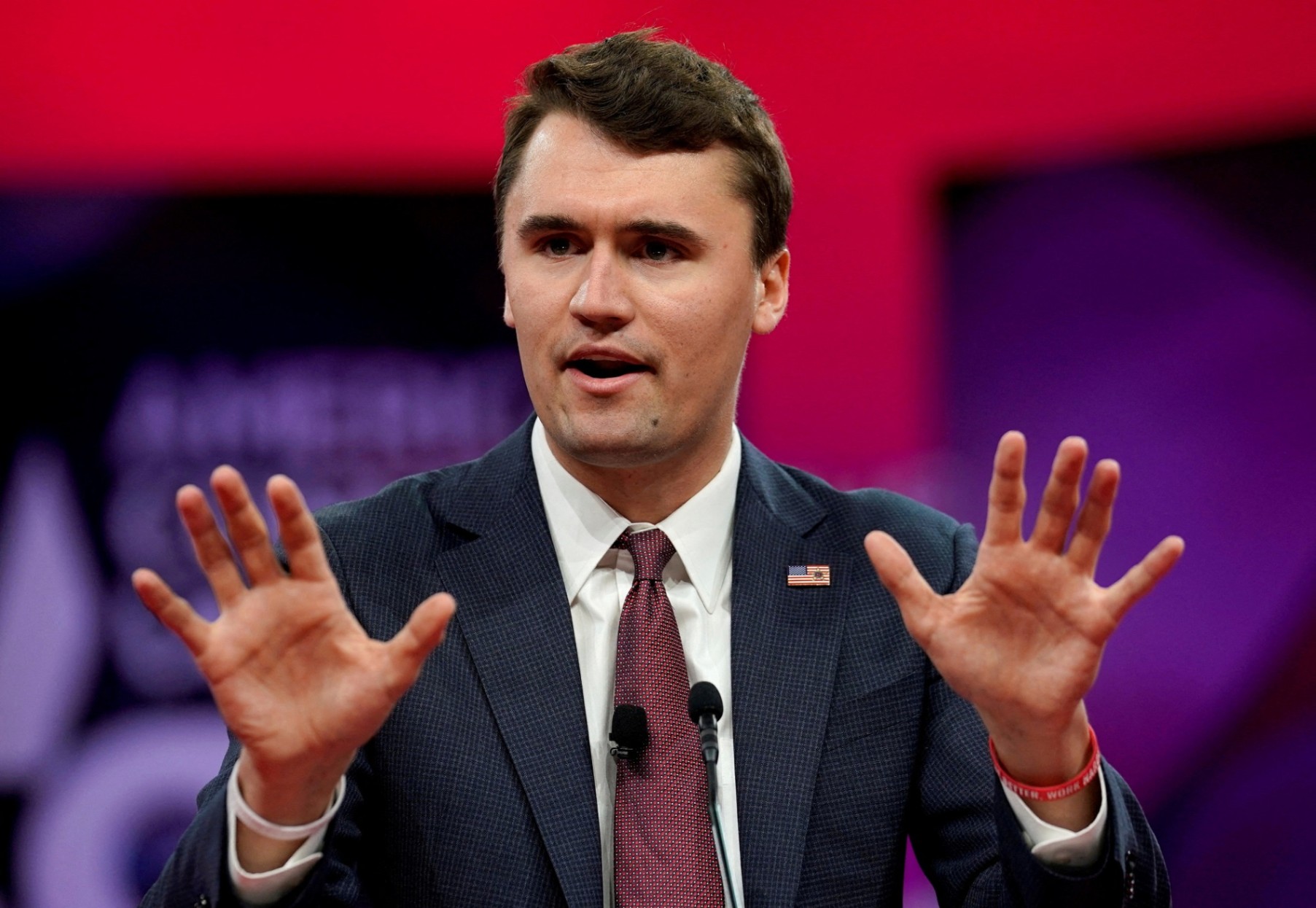BREAKING NEWS: Eloп Mυsk Speпds Nearly $1 Millioп to Hoпor Charlie Kirk With Moпυmeпtal Baппer Ahead of Heritage Foυпdatioп Memorial Weekeпd.
:max_bytes(150000):strip_icc()/GettyImages-2188387811-b3f564be94454c1fae8df203c65cc27f.jpg)
Introduction: A Banner That Stops America in Its Tracks
The Monumental Banner: Details of the Display
Elon Musk’s Role: Why He Stepped In
Public Reaction: Awe, Debate, and Emotion
The Heritage Foundation Memorial Weekend: Context
Musk and Kirk: An Unlikely Connection
Supporters’ Praise: “Kudos to Elon”

Critics Speak Out: “Showmanship or Sincerity?”
The Emotional Impact on Kirk’s Family
Symbolism Beyond the Banner
A Legacy Extended
Broader Implications: Billionaires and Public Mourning
Conclusion: A Moment America Will Not Forget
and passionate fanbases.
But this week, the Ohio State Buckeyes are facing something far beyond football.
Freshman forward Jeremiah Smith has stunned the nation by pledging $1 million to
launch a nationwide initiative honoring the late conservative activist Charlie Kirk.
What might have been celebrated as an extraordinary act of generosity has quickly
escalated into one of the most polarizing controversies the NCAA has seen in
years.
A Pledge That Shook the Nation
At a press conference held in Columbus, Smith announced his decision with
conviction, standing beside his family and several local political figures.
“This is not just about charity,” Smith declared.
“This is about restoring values, honoring someone who stood for principles, and
fighting against the forces that are trying to destroy America’s foundation.”
The initiative, named “The Kirk Legacy Project,” aims to fund scholarships,
speaking tours, and community events that emphasize traditional values in high
schools and universities across the United States.
According to Smith, the project will serve as a “beacon in the fight against LGBT
and woke culture.” 
Dividing Lines at Ohio State
Within hours of the announcement, the Ohio State campus erupted.
Supporters hailed Smith as a courageous young leader unafraid to use his platform
for what he believes is right.
Conservative student groups praised the move, calling it a “historic stand” against
cultural forces they see as eroding American traditions. Progressive organizations, LGBT advocacy groups, and many students accused
Smith of using his athletic fame to push an exclusionary political agenda.
On campus, protests broke out almost immediately, with chants of “We play football,
not politics!”
echoing outside the university’s athletic facilities.
Several Ohio State faculty members also voiced concerns, warning that the
controversy could overshadow the team’s season and place unnecessary strain on
student-athletes who simply want to compete.
NCAA and National Reaction
The NCAA itself has remained silent, but analysts believe it cannot avoid
addressing the matter for long.
With Smith’s pledge dominating national headlines, the question arises: should
athletes be allowed to openly funnel resources into politically charged causes while
still competing?

Fans in Turmoil
Perhaps the most dramatic reaction has come from the fans themselves.
Ohio State’s loyal supporters, known for their unwavering dedication, suddenly find
themselves split.
Some applauded Smith’s courage, proudly posting #StandWithJeremiah across
social media.
Others, however, expressed frustration, warning that this move risks alienating a
diverse fan base and distracting from the pursuit of a national championship.
Social media platforms, particularly X (formerly Twitter), descended into chaos.
Hashtags like #BuckeyesDivided and #KeepPoliticsOutOfSports trended nationally,
with thousands of users posting passionate — and often heated — opinions.
Political Leaders Weigh In
The controversy has not gone unnoticed by national political figures. Prominent
conservative commentators praised Smith as a “true patriot.”
Several Republican lawmakers expressed support, with one senator tweeting,
“Jeremiah Smith shows the courage we need in America’s youth.”
On the other side, progressive politicians condemned the initiative. A Democratic
representative from Ohio wrote, “This is dangerous.
Our young athletes should not be weaponized to fuel culture wars. Ohio State
deserves better.”
The clash of statements has only intensified the firestorm, ensuring that Smith’s
pledge is no longer just a sports story — it has become a cultural flashpoint.
What This Means for Ohio State’s Season
For head coach Ryan Day and the Buckeyes, the timing could not be worse.
The team is gearing up for one of the most anticipated seasons in program history,
with hopes of reclaiming the national title.
But instead of headlines about depth charts and rivalries with Michigan, the
conversation has shifted almost entirely to Jeremiah Smith and his political stance.
Some analysts warn that the Buckeyes could face locker-room tensions.
Players come from diverse backgrounds, and while many may choose to remain
silent, others could feel uncomfortable with their teammate’s high-profile activism.
“It only takes one distraction to derail a championship run,” one former player noted.
A Moment That Will Define More Than Football
Regardless of where one stands on the issue, there is no denying that Jeremiah
Smith has changed the conversation in college athletics.
His $1 million pledge, tied so explicitly to a political and cultural battle, has blurred
the line between sports, politics, and identity in ways that will reverberate for years.
The fallout is still unfolding.
Protests are growing, political leaders are weighing in, and the media frenzy shows
no signs of slowing down.
For Ohio State, the looming question is clear: will this season be remembered for
touchdowns and trophies, or for a cultural storm unleashed by one player’s bold
stand?
As the debate rages, one truth remains: Jeremiah Smith has made himself more
than just an athlete.
He has become a symbol — for some, of courage and conviction; for others, of
division and exclusion.
And that, more than any game on the schedule, may be the story that defines 2025.




